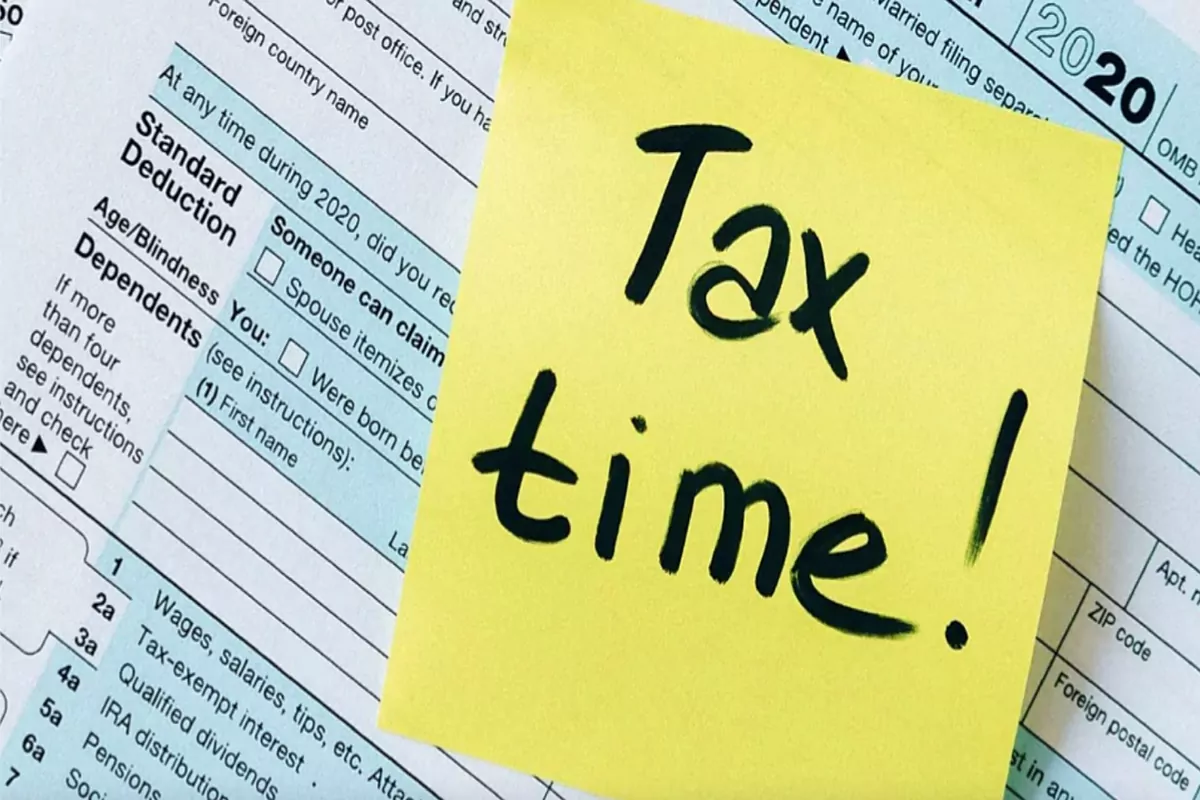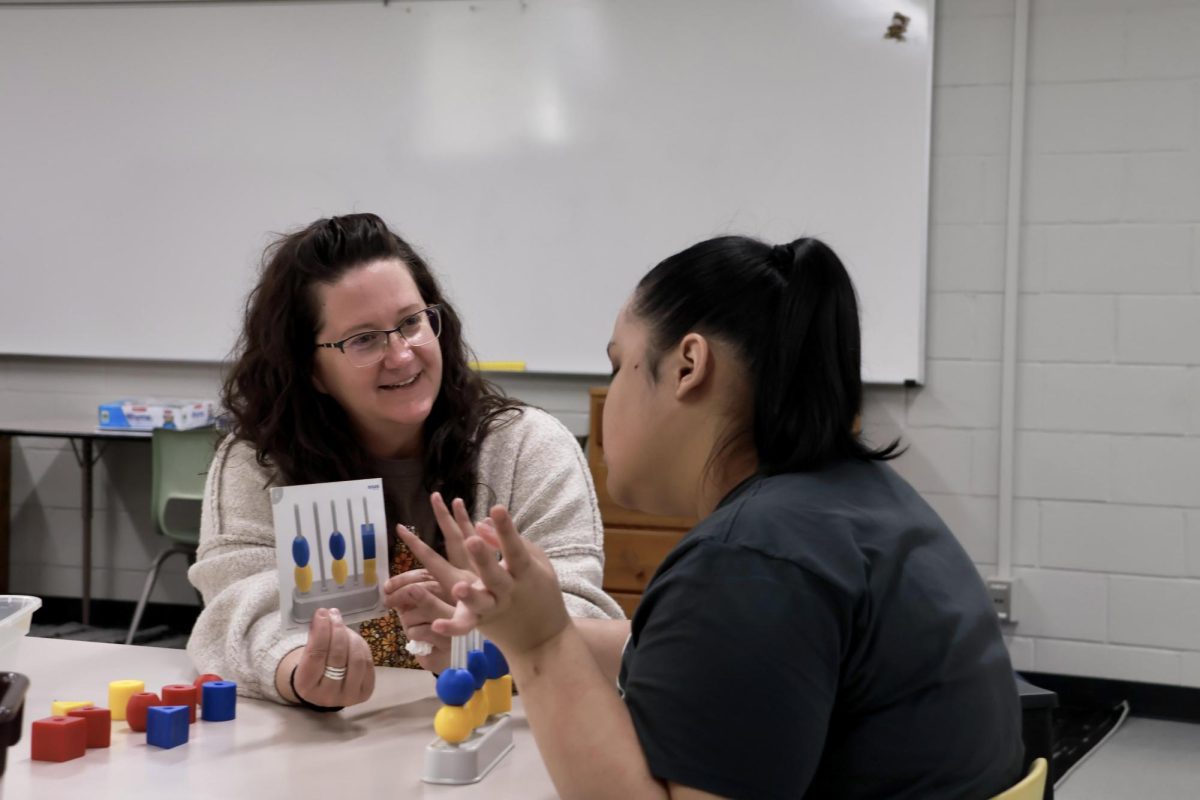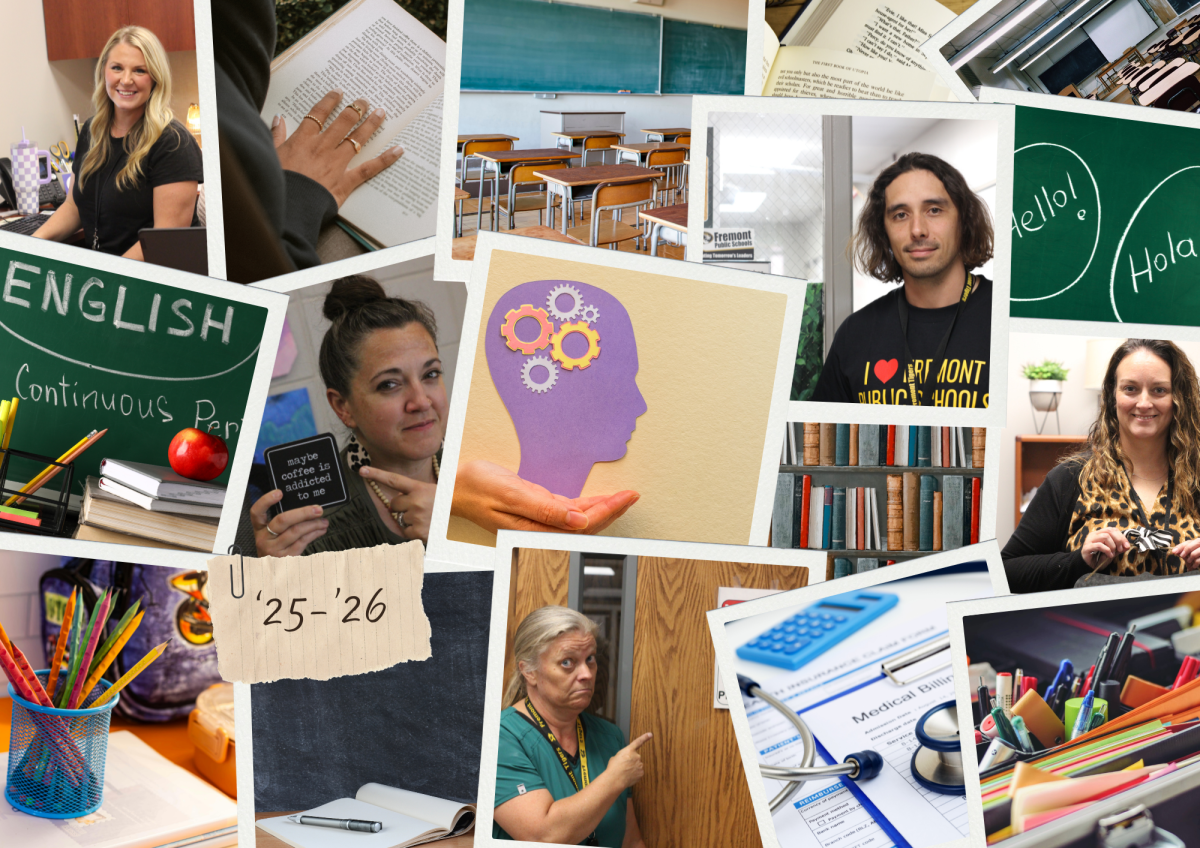When the bell rings at 7:50, journalism teacher David Stevens starts attendance but notices plenty of students’ heads on their desks, not eager to start the day and share their daily news. It’s not that his students don’t want to engage with him – they’re only sleep-deprived.
Sleep deprivation is common in classrooms throughout high school. Despite being common, this issue has many negative effects that go unnoticed and has grown from a minor problem to a full–blown epidemic.
About 70% of high school students are affected by sleep deprivation in many different ways. Mayo Clinic states that symptoms of sleep deprivation in children may include decreased motivation, defiance or noncompliance, decreased attention span, decreased mental alertness, and decreased ability to learn and reason.
Junior Allie Jones relates to some of the effects. “While I’m taking notes, I literally can’t keep my head up,” Jones said, echoing similar experiences from other students.

Sleep deprivation directly affects a student’s ability to learn and needs to be taken seriously. According to the CDC, staying up for 18 hours can have the same effect as a 0.05 percent blood alcohol content. In extreme cases, staying awake for 24 hours is the same as a blood alcohol content of 0.10 percent.
“Honestly, it doesn’t affect me that bad anymore because I’m so used to it,” junior Adonys Mesa said. “I’d say it would be similar to alcohol because you’re less aware of your surroundings.” This highlights an issue because sleep deprivation has become chronic for this student.
As technology continues to grow and appeal to younger generations, more and more kids will be vulnerable to sleep deprivation. Parents are advised to consider this and limit screen time before bed.
Recent studies show that blue light at night significantly suppresses melatonin production in the body’s circadian rhythms. Melatonin is a hormone produced in the brain near the end of the day that helps a person fall asleep.
The UCLA Health Organization states that teenagers struggle to sleep due to hormonal changes, busy schedules and active social lives. Other internal factors, such as anxiety or depression, may affect a teen’s sleep as well.
“I don’t get home until past 10 every night,” Jones said. “Work, softball and friends keep me busy to 10 every night. Then I go home to do homework.”
According to Harvard Summer School, the key to getting a good night’s sleep is establishing healthy sleep habits, also known as sleep hygiene. These steps include limiting caffeine intake, avoiding screen time before bed, and establishing a consistent sleep schedule.
“I don’t get a lot of sleep because of my phone,” junior Haru Oishi said. “I stay up watching YouTube.” His experience demonstrates that sleep hygiene is important for being able to fall asleep.
Recommended sleep amounts range depending on a person’s age. Since students vary in age, it is important considering these differences. It is recommended to get 9-11 hours of sleep for ages 6-13, and it is recommended to get 8-10 hours of sleep for ages 14-17. The average amount of sleep a high school student gets is around 7 hours a night.
If this trend continues, students’ performance in school will diminish, and eventually, they could develop long-lasting health issues. Parents and students need to take this issue seriously to ensure that young people get the rest they need.
























